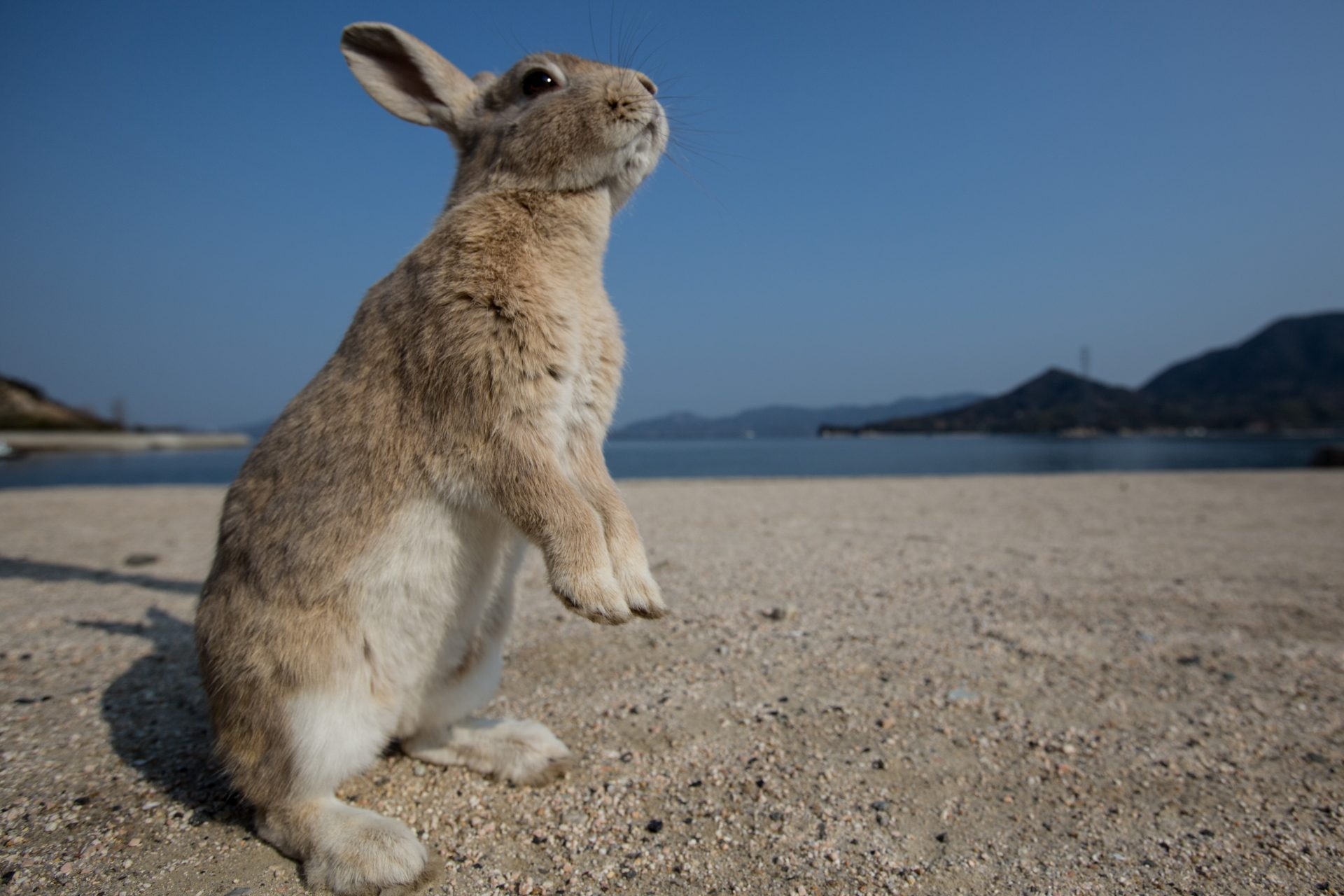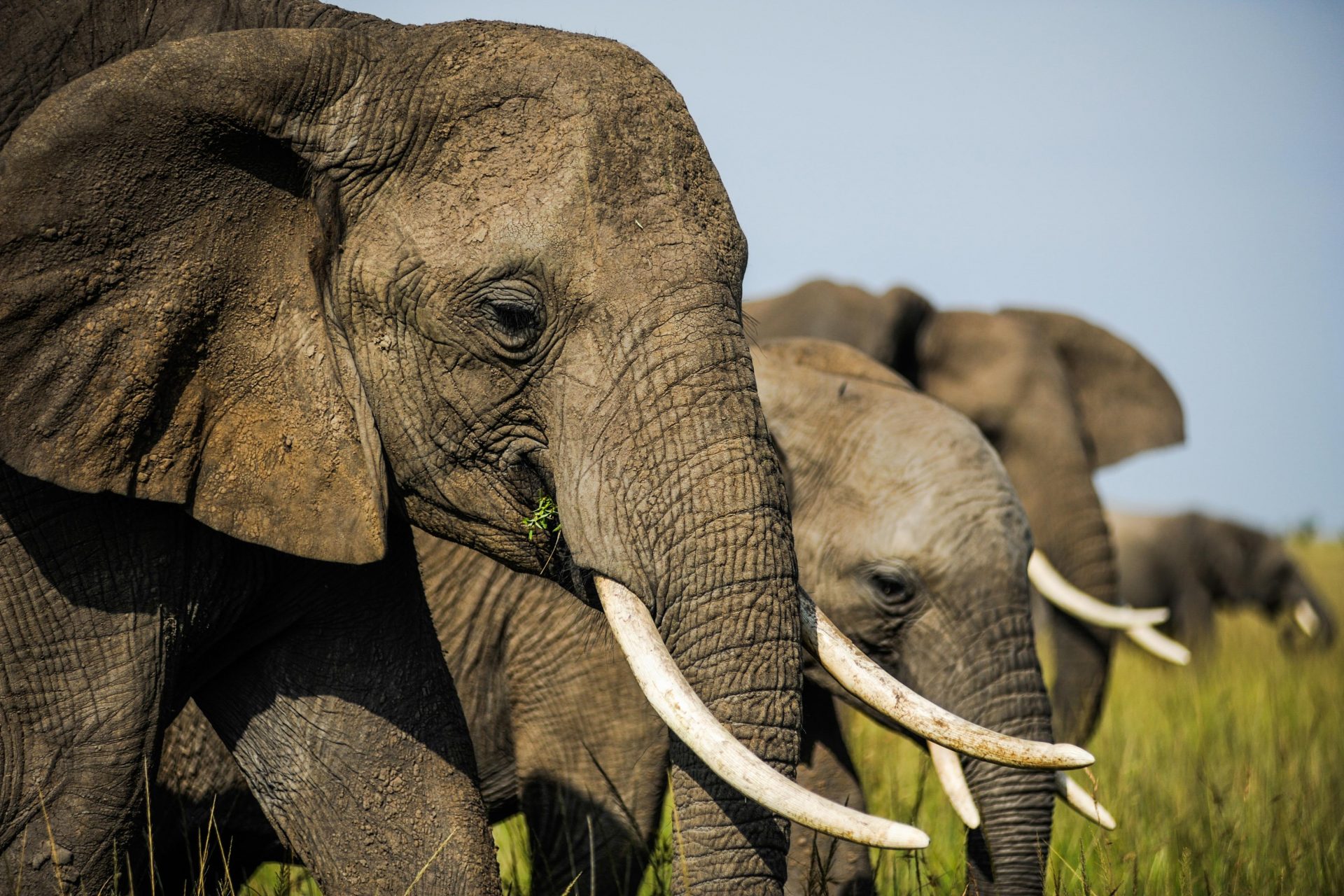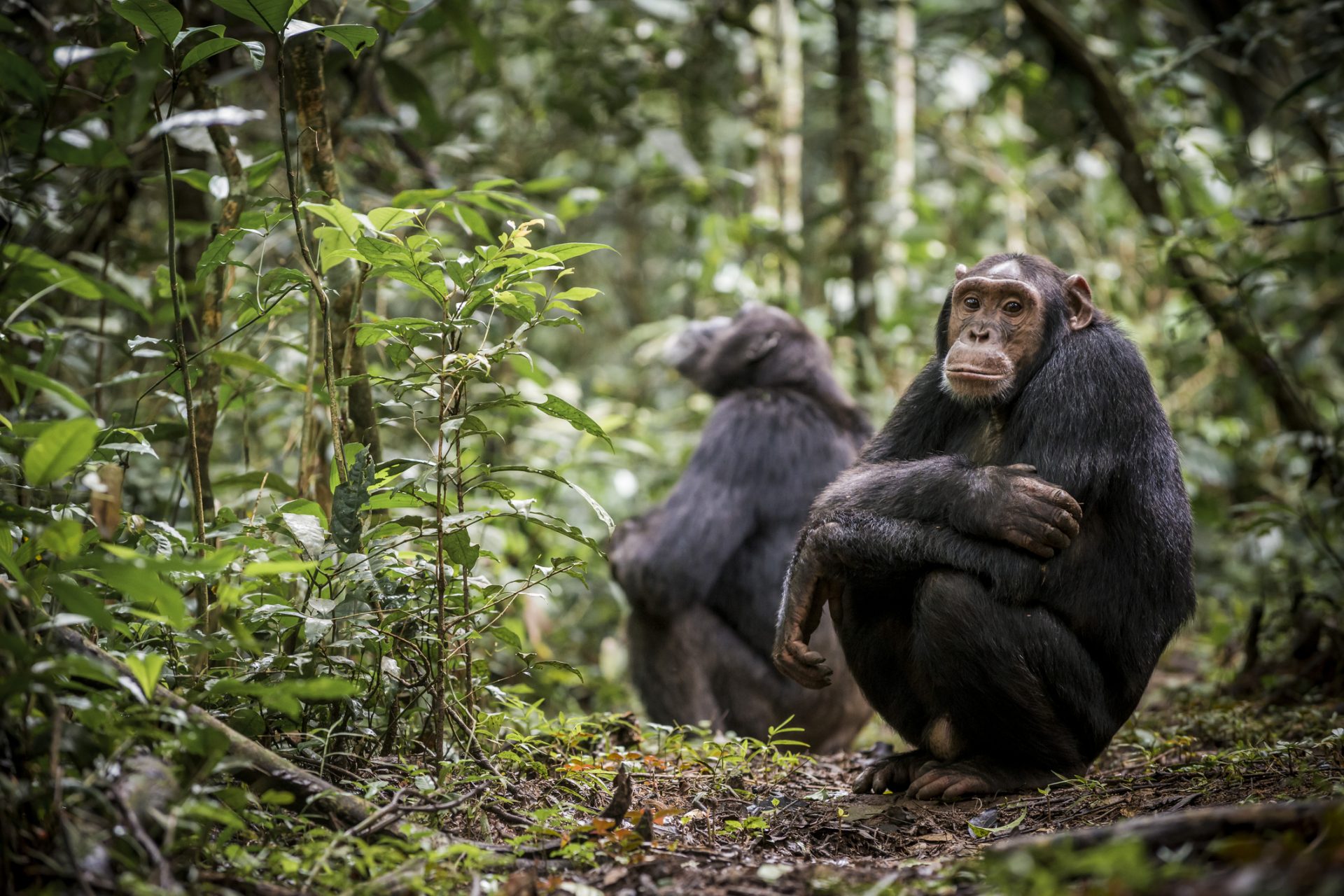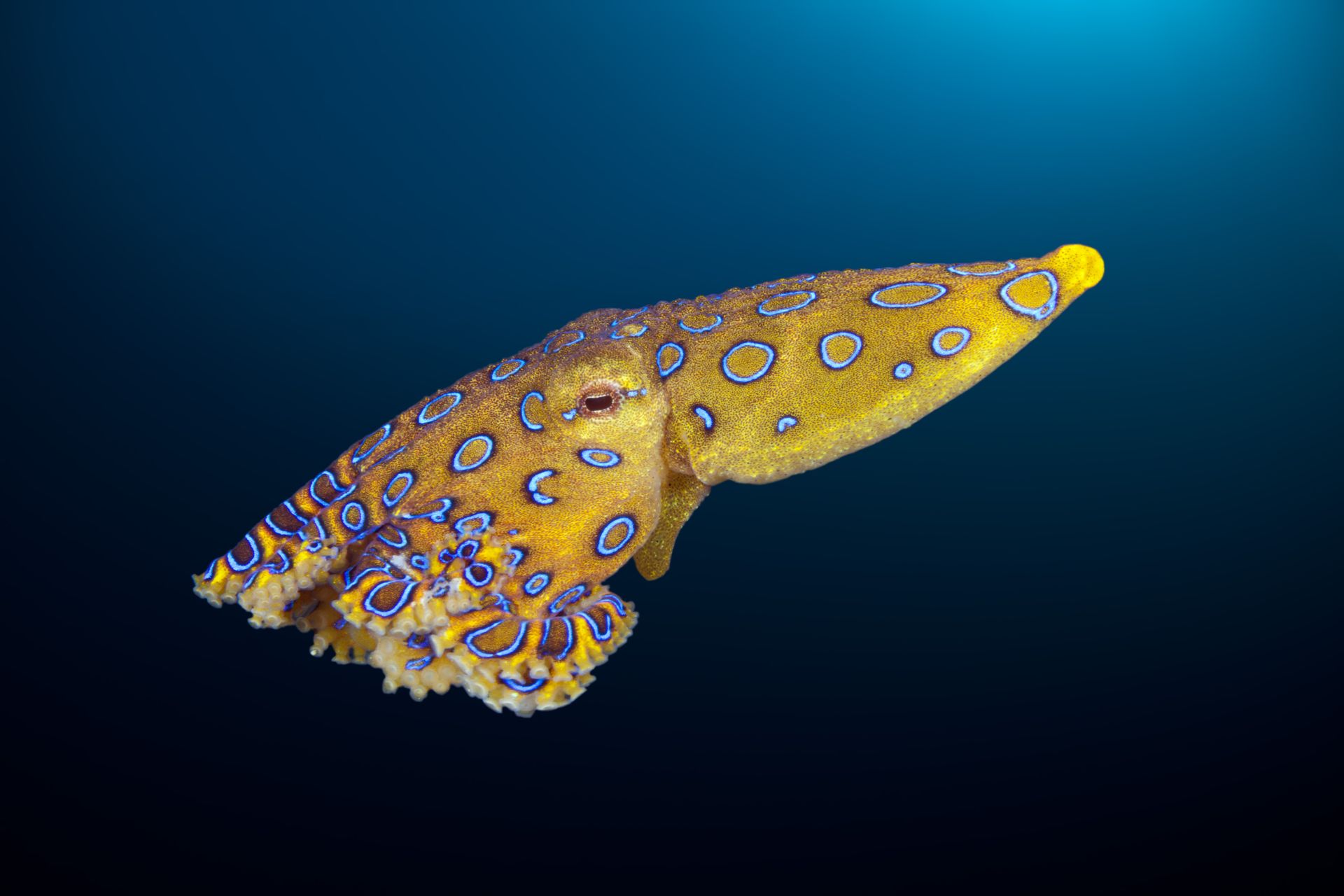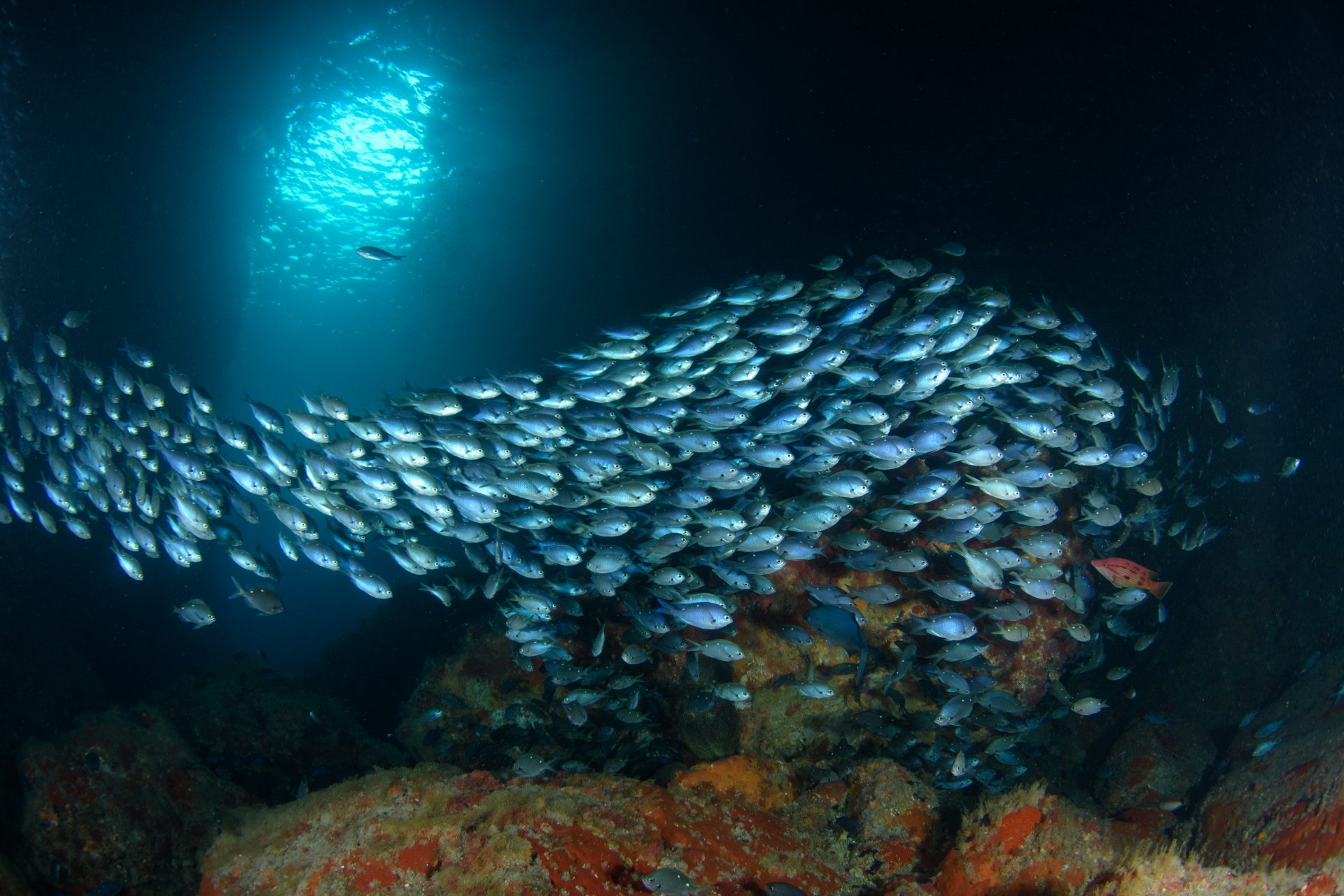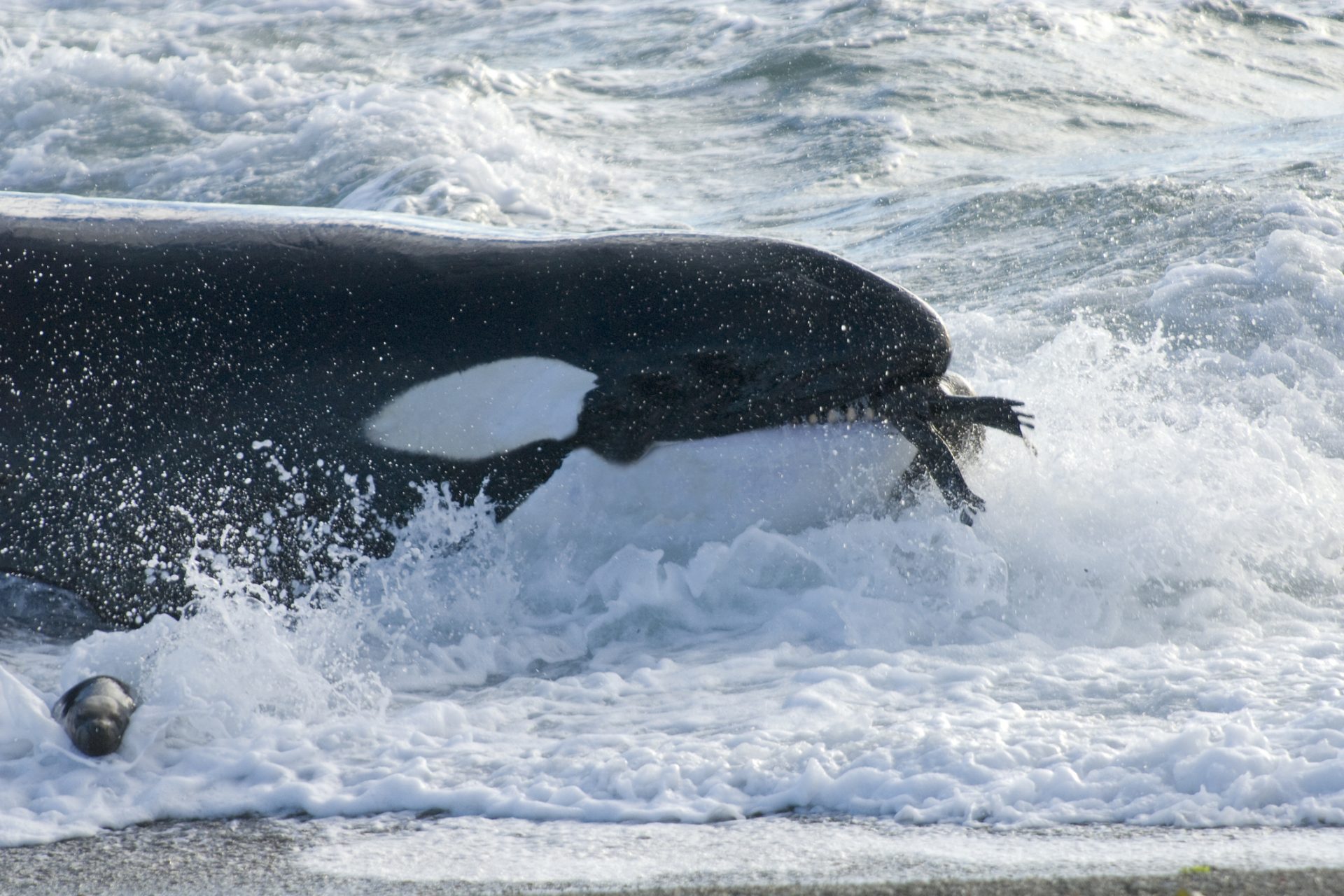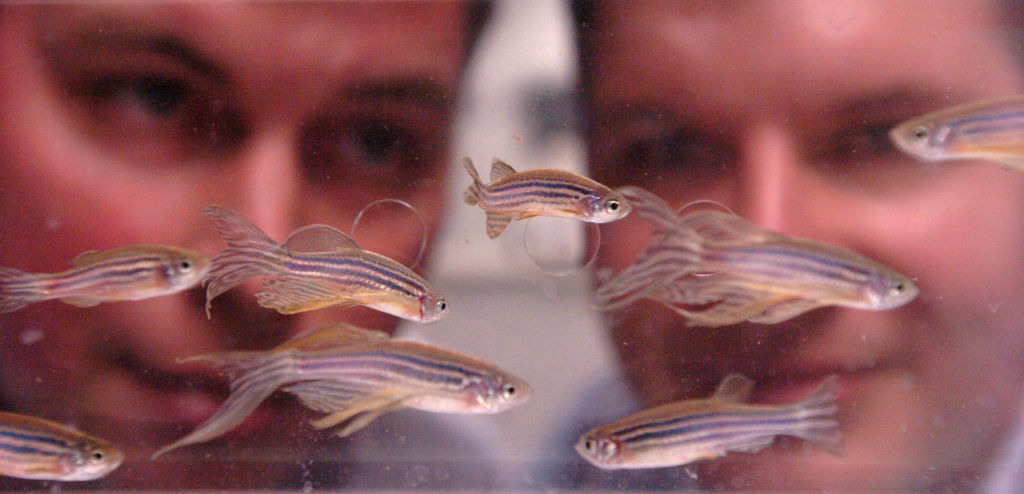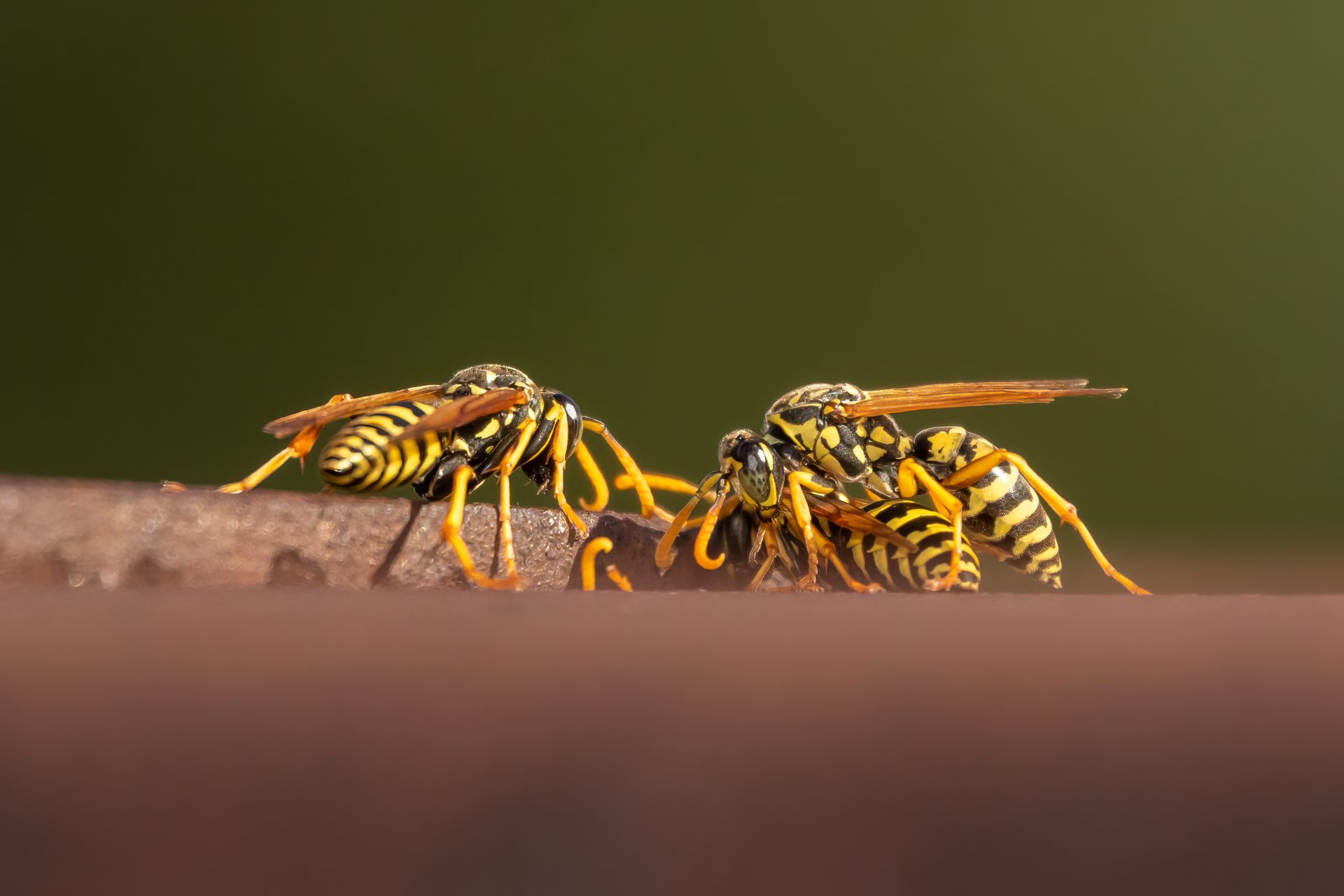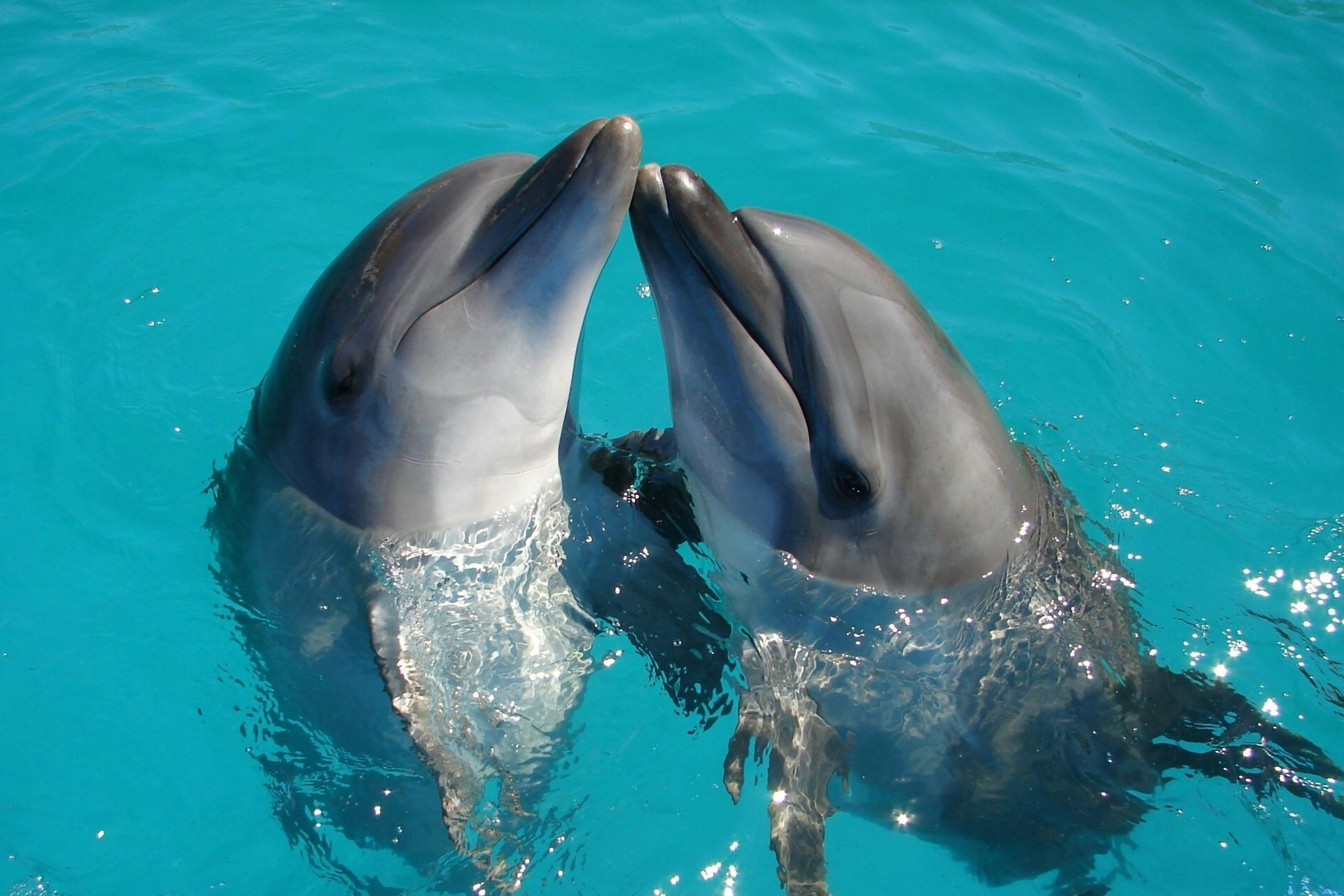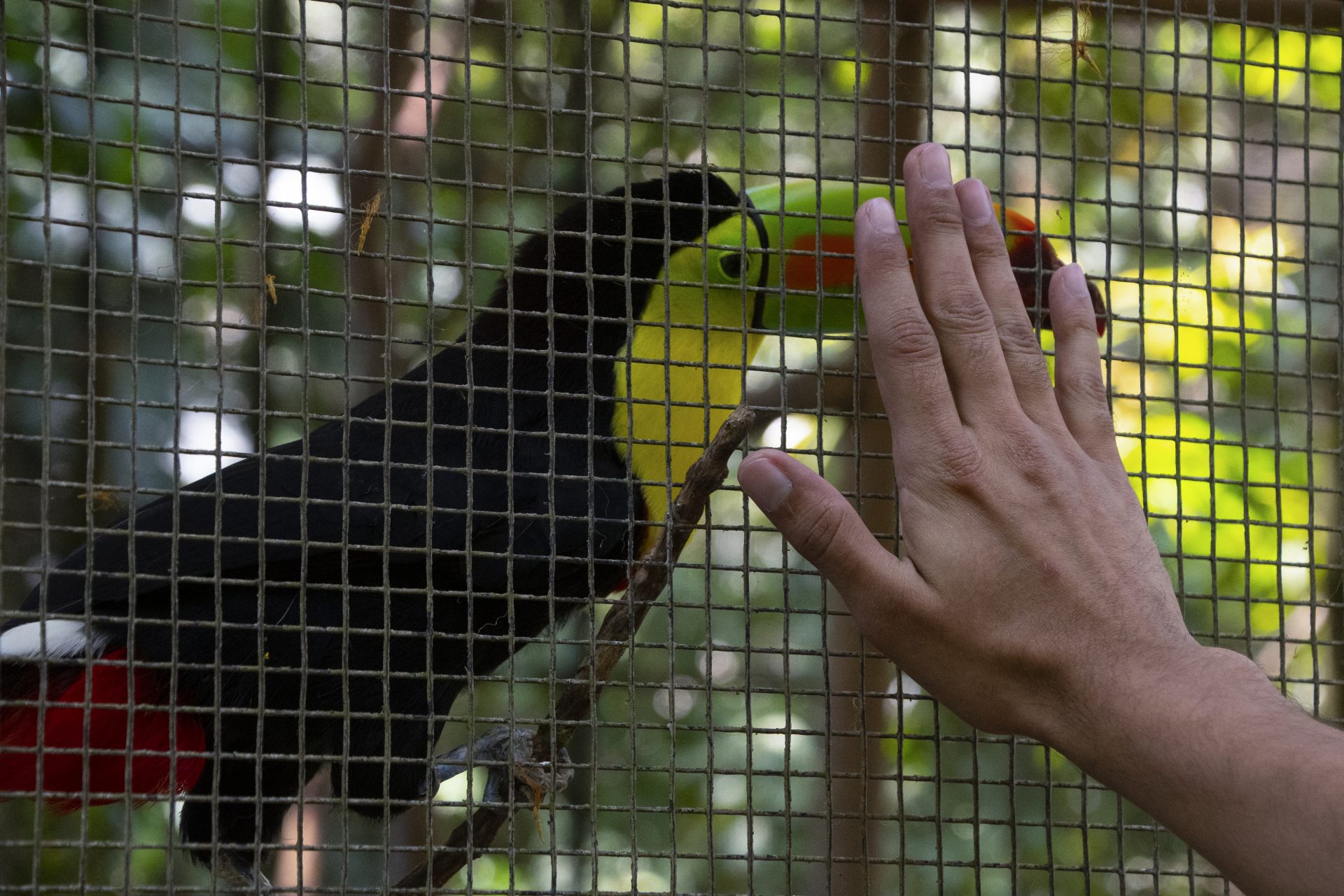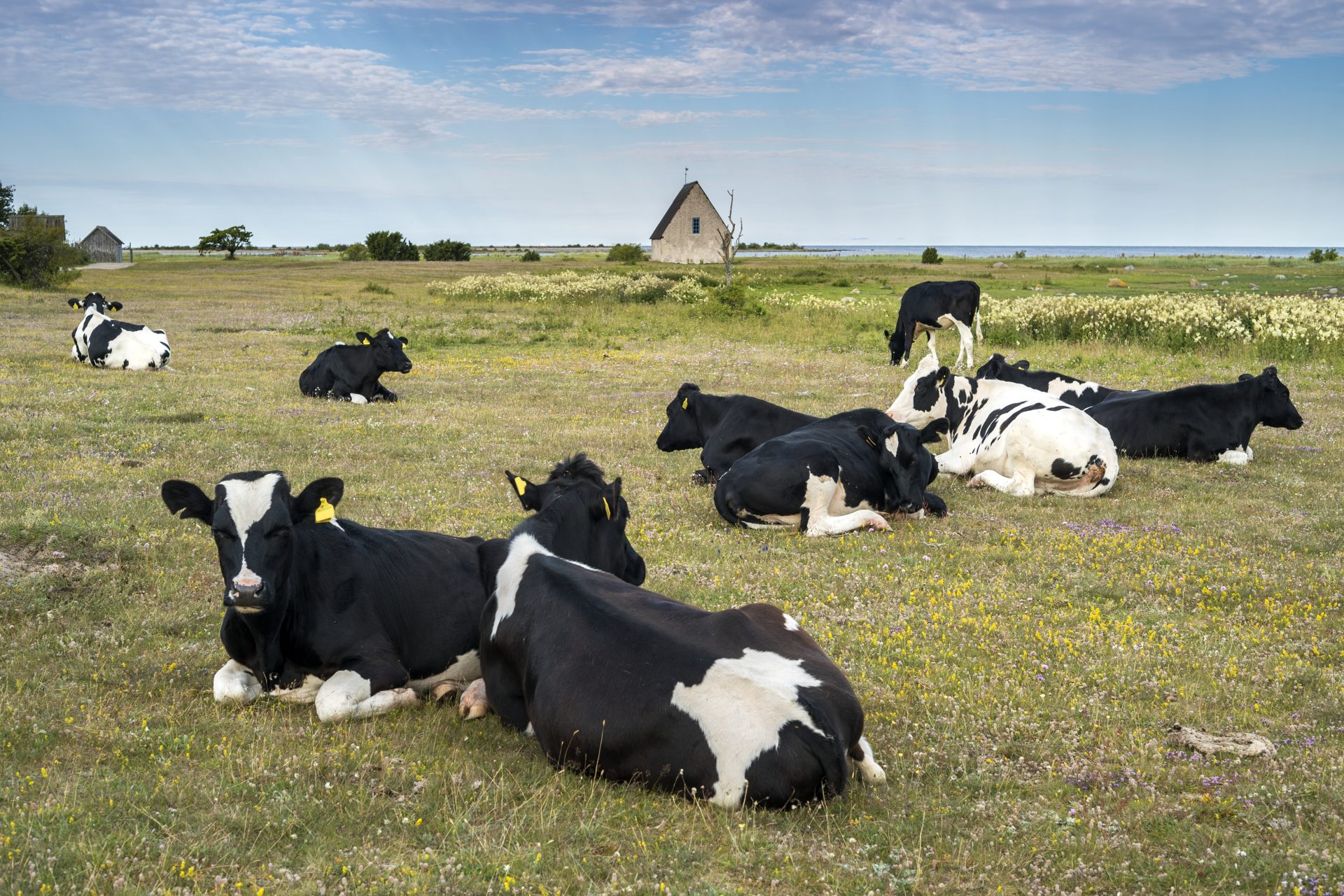Animal consciousness is way more sophisticated than previously thought
Charles Darwin, known as the father of evolution, in deed believed that animals were conscious in the same way humans are. However, his theory had long been discarded by the scientific community until very recently.
This group of experts told the magazine the declaration began to shape last fall following conversations they had among them about recent research that points to many species of animals having signs of consciousness.
While before, the scientific concensus was that only animals similar to humans had a consciousness, like apes, recent research suggests that many other animals, including insects and cephalopods, among others, also show signs of consciousness.
Research has shown that octopuses avoid pain, cuttlefish remember details of past events, and crayfish can display ‘anxiety-like’ states that can be altered by anti-anxiety drugs, the BBC recalls.
A species of fish called cleaner wrasse appeared to pass the ‘mirror test’, according to the Max Planck Institute of Animal Behavior, in which animals show signs of self-awareness, recognizing themselves.
Other animals that have passed the ‘mirror test’ include orcas, orangutans, gorillas, chimpanzees, dolphins, elephants and magpies.
A 2022 study published in Frontiers of veterinary science, showed that zebrafish voluntarily engage in cognitive stimulation opportunities, seeking out information about an object when presented with it; what we call curiosity.
Another 2022 study showed that bees engage in playful behaviors. The Bee Sensory and Behavioral Ecology Lab in London observed that when given little wooden balls, bees would push them around and rotate them, a behavior that had no obvious connection to mating or survival, nor was it rewarded by the scientists.
All of this behaviors; playfulness, curiosity, memory and self-awareness are a major part of consciousness. And although there’s long been debates about the definition of consciousness, these discoveries are leading experts to redefine the consensus on animal consciousness.
The oxford dictionary defines consciousness as “the state of being aware of and responsive to one’s surroundings”, definition, we could argue, fits well with what research has revealed about animals.
Photo: Ranae Smith/Unsplash
The research plus the declaration signed by experts in the matter may have implications for the treatment of animals, especially for the prevention of animal suffering, they said.
It wouldn’t be the first time that scientific findings sparked new policies. Older scientific studies resulted in creating some standards for the treatment of lab mice, for example.
Also, Britain enacted legislation in 2021 to increase protection for octopuses, crabs and lobsters after a London School of Economics report indicated that those animals can experience pain, distress or harm.
Animal rights activists have long been talking about speciesism; the practice of treating members of one species as morally more important than members of other species and the belief that this practice is justified.
Why do humans have the right to use animals as tools or food, with no regard for their lives or emotions? Why do we view certain species as worthy of compassion and not others? Maybe learning that their minds and emotions are similar to ours can lead to greater empathy in the future.
More for you
Top Stories




